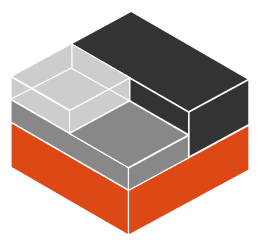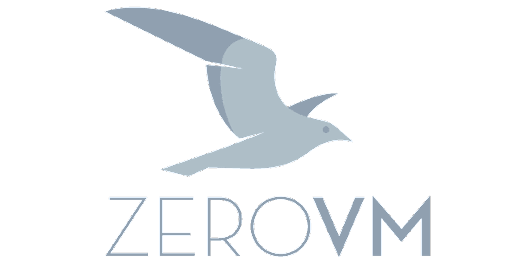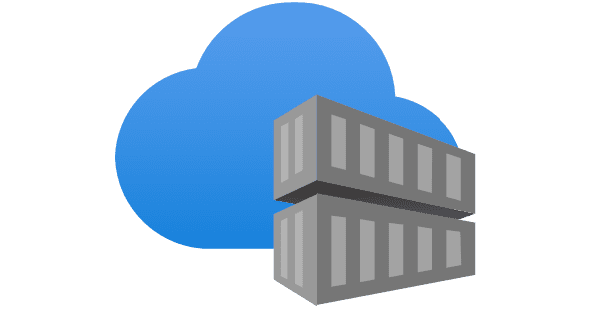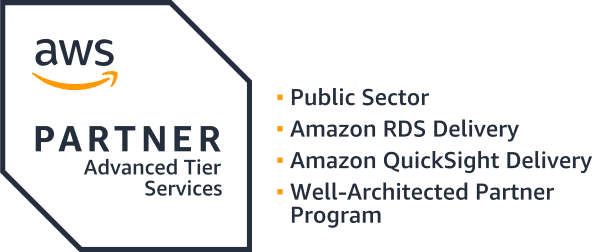What is the Elastic Cloud Computing?
As popular and user-friendly as Docker was, Kubernetes has announced that they will be phasing Docker out in favor of the Container Runtime Interface (CRI) because it is capable of supporting a wider range of runtimes. However, there are still plenty of other container platforms to choose from other developers. Existing containers will still work under Kubernetes without modification if run through a container platform. These are some of the best container platforms that are compatible with Kubernetes.
As an advanced AWS partner, we bring unparalleled expertise to architect, deploy, and optimize cloud solutions tailored to your unique needs.
What to Look for in a Container Platform
In today’s dynamic tech environment, managing the costs associated with containerized and non-containerized applications can be daunting. However, by leveraging the right tools and strategies, you can understand your expenses and take control of them efficiently.
Choose the Right Tools:
Firstly, it is essential to select appropriate tools. Consider solutions like Kubernetes, Docker Swarm, and Amazon ECS for orchestrating containerized applications. Platforms such as VMware or traditional virtual machines might be more applicable for non-containerized workloads.
Unified Cost Analysis Platform:
Utilize a cloud cost management platform that consolidates all your expenditures into one comprehensive view. Whether you’re fully adopting containers, sticking with traditional infrastructure, or using a hybrid approach is crucial. Tools like AWS Cost Explorer, Azure Cost Management, and Google Cloud’s cost management services can help achieve this.
Detailed Cost Breakdown:
Select a solution that allows you to break down costs by various dimensions. This includes costs by product, feature, and even the customer level. Effective tools also provide granularity down to hourly usage or specific instances, such as individual pods in Kubernetes.
Real-Time Monitoring:
Real-time cost monitoring ensures unexpected expenditures do not blindside you. Platforms that offer this feature can help you stay proactive, identifying potential cost overruns before they become an issue.
Cost Attribution:
Accurate cost attribution to specific microservices, customers, or features gives you detailed insights into where your budget is being spent. This enables more precise financial planning and helps make informed scaling and resource allocation decisions.
Transparent Reporting:
Opt for solutions that offer clear and transparent reporting features. These should include customizable dashboards and detailed analytics, which make it easy to understand where and how your resources are being utilized.
Buildah

Buildah focuses on OCI images and is the best option for developers who want to build OCI containers without installing a standalone runtime. It can create images with or without Dockerfiles while circumventing the need for root privileges. Since this doesn’t require Dockerfiles, developers can implement code of their preferred language into the build process. Most importantly, the images created are compatible with Kubernetes.
Linux Daemon

Linux Daemon as the name suggests runs on Linux exclusively and can oversee the operation of virtual machines and containers. This image platform is fast, secure, and easily scalable enough to tolerate more complex workloads. Snapshot features let users keep track of version history for easy roll-backs. It also incorporates direct hardware access, simultaneously minimizing operating costs and increasing efficiency.
Vagrant

Vagrant’s primary focus is the creation of virtual environments and machines on different operating system types. Virtual environments can be replicated repeatedly across networks, machines, and networks. Environments are easily replicated at whatever stage of deployment with the capacity to share libraries and compilers with other environments and operating systems. For compatibility, Vagrant is compatible with most virtualization software.
Containerd

Containerd is a container runtime project that Docker has been working with for a large part of its lifecycle. It’s designed to juggle all parts of the container lifecycle from creation to destruction. On the side, Containerd deals with image transfer or storage, inspecting container health, and manages network links. As a bonus, Containerd integrates with tools from various developers including AWS’ offerings of Kubernetes-dedicated services on AWS.
ZeroVM

ZeroVM is secure and portable, capable of constructing isolated environments for running singular but safe processes. Compared to the other offerings which typically provide fully virtualized operating systems and running environments, ZeroVM embeds an application with an isolated environment to enable virtualization. It boost deployment speeds and improves security for apps that need to run unverified code.
Podman

Podman is a container platform that heavily specializes in the maintenance of OCI images. Despite being Linux-native, it can run on both Mac and Windows operating systems. It leverages the libpod library for its management tools and helps to create and maintain the related containers. This platform might be more ideal for Linux users who want containers with a longer lifespan.
runC

RunC is a Command-Line Tool hosted by GitHub for constructing and managing containers on Linux around OCI specifications. It’s designed as a low-level tool and isn’t ideal for end users. While it is currently compatible with Docker, it does have a standalone version making runC ideal for users who already have runC as a part of their Docker operations. Even when it’s not working with Docker, it is a portable and universal container runtime platform. The only downside is that this platform lacks Windows support.
rkt

Previously called CoreOS Rocket, rkt is designed around cloud-native environments and applications. It uses a pod-native framework and can integrate seamlessly with other systems, making it probably one of the best Docker alternatives mentioned here. Either by level or by account, users can establish several configurations. With no central daemon, pods run in isolation from each other. Unfortunately, rkt is no longer receiving continued updates. It is still possible to develop the codebase under a different name while keeping all relevant segments of rkt mirrored for continued use.
Microsoft Azure Container Registry

Microsoft’s Azure Container Registry gives users a private Docker registry that helps store and manage container images. It has solid security options, Twist Lock compatibility, runtime protection, and scan functionality to search containers for potential vulnerabilities. It can run, deploy, scale, and work with Kubernetes. Azure is a good choice for users already invested in Microsoft’s cloud computing offerings.
In Light of Recent Changes
While Docker remains strong, it’s important to stay informed about ongoing developments within Docker Inc., including recent changes in Docker Desktop licensing. These changes may prompt organizations and individuals to explore alternatives or adjust their strategies. For those concerned about Docker’s evolution, examining other containerization tools can be beneficial. Kubernetes, for example, continues to gain traction and may serve as a valuable component within your containerization strategy.
Get Started Today!
At AllCode, our mission is to leverage our unique skillset and expertise to deliver innovative, top-tier software solutions that empower businesses to thrive in our world’s rapidly-evolving technological landscape.
Work with an expert. Work with AllCode


